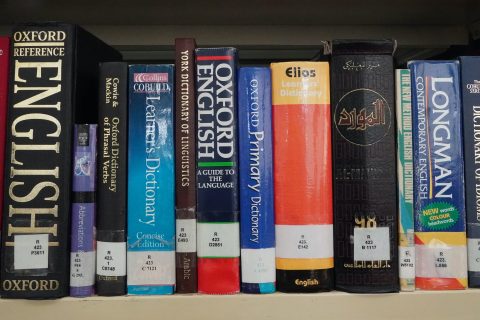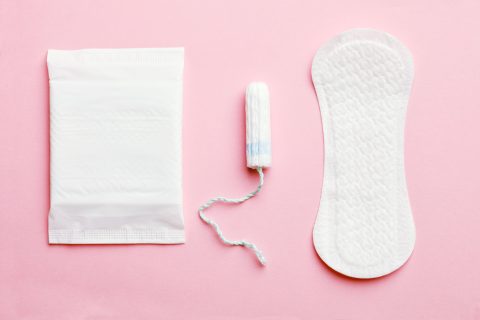Half the world has a menstrual cycle, and yet it’s still greatly misunderstood. Kate Clancy, professor of anthropology at the University of Illinois, Urbana-Champaign, joins host Krys Boyd to discuss the science of periods, reproductive health, and the ways we hide this simple fact of nature from daily life. Her book is “Period: The Real Story of Menstruation.”
Blog Post: The case for talking about periods
— By Briana Flores, Think Intern
Having a menstrual cycle is a part of a woman’s life. Even though roughly half the population has them, there are still a lot of misconceptions about periods.
“The way that [periods] certainly has been taught to me and the way I see it narrated out in the world is that we see menstruation as useless,” says our guest, Kate Clancy.
As time has passed, society has had different views on periods, from a sacred practice to a part of life that is poorly studied. Clancy explains how culture has a huge impact on how we view menstruation and reproduction, too.
“We associate [reproduction] with femaleness — typically in a Western science context, we see us as passive, as nurturing,” Clancy says. “These heroic narratives always belong to sperm.”
When learning about the reproductive system, educators and scientists often tell the story of sperm rushing to the egg, but recent studies show otherwise.
“Additional study of an understanding of the ovaries and of eggs show that there is so much more action happening in the reproductive tract than we’ve really given it credit for,” Clancy says.
Studies on menstruation and reproduction are not only proving myths and misconceptions wrong, but they’re also opening more conversations around periods.
“People who don’t have a lived experience with periods don’t necessarily understand what it’s like to have something leaking from your body involuntarily,” Clancy says. “That lived experience makes us contribute to how we see the world.”
You can listen to the podcast above to learn more about the purpose of a period and even more beliefs to debunk.





